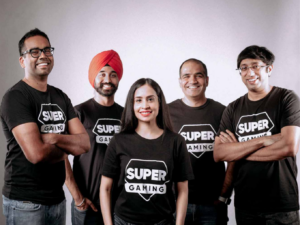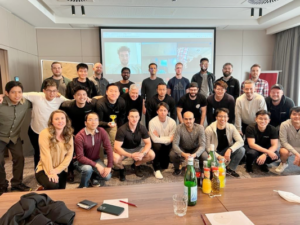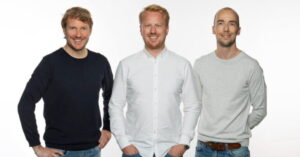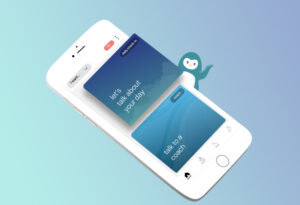So you want to go from making slides to building products? It’s a leap, but you’re not alone.
Some years ago, I was a consultant desperate to make this leap. Fortunately, I ended up getting a product manager (PM) job at a tiny startup called Faire. It’s since reached a multibillion-dollar valuation at a record pace. Along the way, I’ve shipped hundreds of features, and managed other PMs. Dreams do come true.
But to get here, it took meandering and a LOT of work. I wanted to share my learnings so you can make the transition faster with fewer sleepless nights.
We’ll cover: matching your consulting skills to product teams, what hiring managers think of ex-consultants, types of experiences to highlight, and how to seal the deal.
But first, what are your strengths?
Many people jump straight into interview prep mode, but evaluating your strengths upfront is a high-leverage activity that will guide how you position yourself as a PM candidate.
Given your consulting experience, it may be a combination of business acumen, analytical rigour, attention to detail, and storytelling.
What’s often overlooked is that a lot of the consulting toolbox maps to the PM toolbox.
The PM job is to drive business impact through solving customer problems. This may involve launching a referral program to increase organic growth, or testing a new landing page to improve conversions. Your consulting chops can help you find business opportunities and rally a team to seize them.
Connecting your existing strengths with the PM job gives you and others the confidence to make this transition happen.
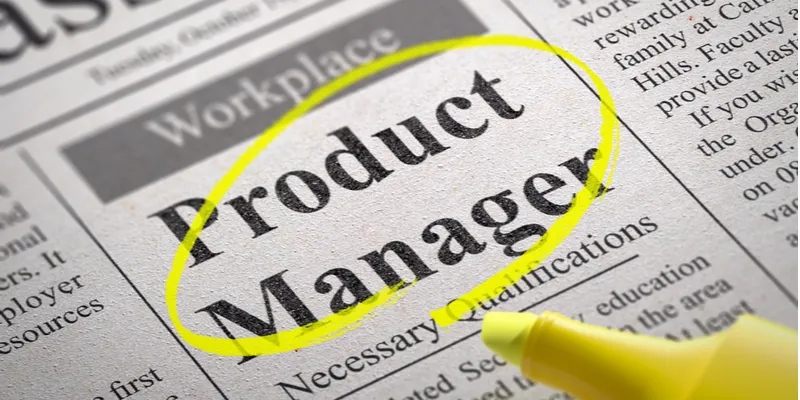
Finding the right product team
There are many ways to build a great product that people want. Some teams lean on technical excellence, others lean on awe-inspiring designs or a business-driven approach.
The fastest way to transition successfully is to find a team that matches your strengths. This is especially important when you don’t have prior product experience to fall back on.
The easiest way to assess the type of team is by asking them: Who makes the product decisions? How are they made? Who breaks the tie during a stalemate? It can also be inferred by the backgrounds of the people who lead the product teams.
I don’t have a technical background nor design expertise. But I did have an analytical mind that set me up to solve business problems. Faire ended up being a great fit because the business model is complex, the founders are very data-driven, and one of them was even an ex-consultant turned PM.
Getting the numbers wrong by a little could cost the business massively, so they highly valued people who could break down and move metrics.
Picking up new skills and growing your talent stack is important too, but it helps to start from a foundation of strength.
Inside the mind of a hiring manager
Why is prior product experience almost always a requirement?
- Supply of PM candidates > demand from companies
- A bad PM hire is very costly since product decisions ripple across the organization, pulling engineers, designers and more into the crossfire
The only two exceptions to this rule are APM programs and some startups. APM programs are designed to mould blank slates. And some startups are flexible on product experience because they need to be.
When a hiring manager is looking at an ex-consultant PM candidate, there are typically a few concerns that come to mind:
- They may get numbers, but do they get customers?
- They may get clients, but do they know that customers ≠ clients?
- Do they have a sense of what makes a great product experience?
Most consulting projects involve numbers, but very few get into the hearts and minds of customers. Clients usually keep customer research in-house.
Consultants generally do whatever the clients ask for because the clients pay based on a desired output.
Customers, however, care about outcome over output. Customers know their problems, but not necessarily what the solution should be. This means PMs need to understand the problem behind customers’ feedback, and imagine solutions on their behalf.
Consultants can make beautiful slides, but they typically work with a fixed palette of tools. Designing a product, on the other hand, opens up a universe of possibilities.
To be hired as a PM, you need to alleviate these concerns.

Proving your worth
The first step is to show that you have the ability to understand customer problems. Perhaps you’ve worked on consulting projects where you’ve done customer interviews (not to be confused with expert interviews) that get to the heart of what they struggle with. Highlight the impact that made on your resume.
I didn’t have this experience, but I did work on AB testing marketing emails for a hospitality company to improve bookings. This was the closest PM-like experience I had, so it was my crown jewel.
Should you wait around in consulting just to get a “crown jewel” experience? No, your time is better spent preparing for PM interviews and getting the real experience. Although if you’re still in consulting and happen to land the perfect project, you could have your cake and eat it too.
Regardless, try to highlight experiences that deliver business impact, ideally through some customer and product-related changes. More importantly, try to get referrals at your target companies, and prep based on their interview formats.
If you want to go above and beyond, you can interview a few customers of your target company to better understand what their customers like vs. dislike, and their alternatives. I’ve seen some PM candidates do this. Not only is it a strong signal for interest, but it also makes the candidate a lot more informed.
As for product and design sense, this is the most foreign of skills to learn. I recommend some resources here. I wouldn’t stress out about it too much unless you’re targeting design-driven companies. You can make up for it through your other strengths.
Should you build a product to get direct experience? I only recommend doing this if you’re genuinely interested in building something. If it comes at the expense of interview prep, you’re better off doing the prep instead.
Interview prep will definitely improve your performance, whereas a side project is merely icing on the cake. The only exception is if you build a very successful product, but that rarely happens on your first attempt. It takes a lot of iteration to master product building. Most people get that by working as a PM.
Seal the deal
Once you’ve done the research to find target companies that match your strengths, you may still get stuck at the resume or interview stage. I recommend being flexible here.
I struggled to convince product teams to take a chance on me. Even at Faire, I was offered a product analytics role first before transitioning into product. I took it. I spent my first few weeks doing data analysis which uncovered a business opportunity that I then PM’d. Within the first month, I became a PM. It happened quickly because I was at a tiny startup that happened to need product firepower.
Nearly all PMs (that aren’t groomed through an APM program) get in through an internal transfer. It’s the de-risked path for both you and the company. Once you’ve built credibility and shown that you can do the PM job unofficially, you’re more likely to succeed.
Be open to the possibilities, and good luck!

![You are currently viewing [Techie Tuesdays] How to transition from consultant to product manager, writes Linda Zhang](https://blog.digitalsevaa.com/wp-content/uploads/2021/03/product-manager-1604390243314.png)
![Read more about the article [Investor Summit 2021] What SaaS startup founders need to know about vanity and value metrics](https://blog.digitalsevaa.com/wp-content/uploads/2021/04/Image6ygk-1617257492912-300x150.jpg)

